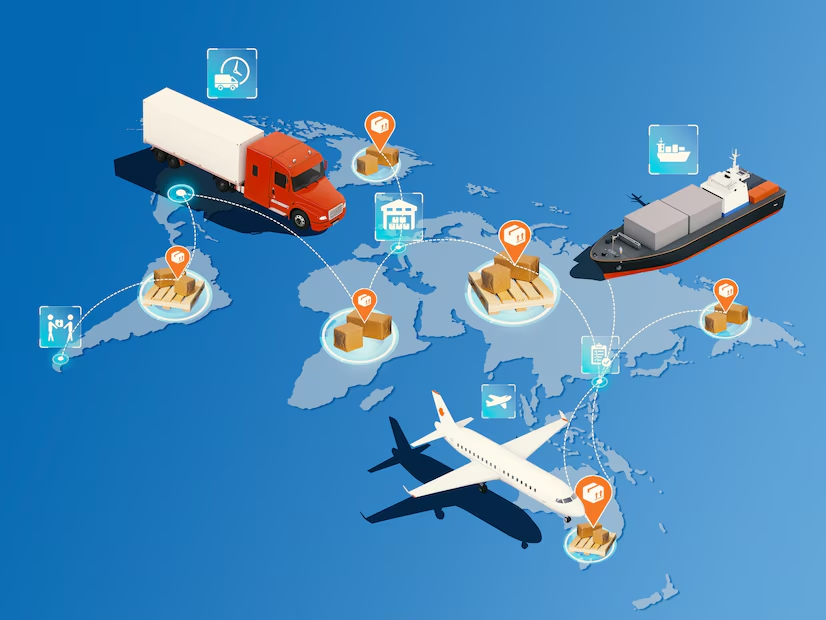Overview
At Time Global Shipping, we excel in facilitating seamless cross-border transportation, providing businesses with efficient and tailored logistics solutions to thrive in the global market. Whether navigating the intricacies of regional trade or traversing complex international supply chains, our expertise guarantees the swift and secure delivery of your cargo, bridging geographical divides with precision.
Our comprehensive cross-border services encompass every logistical nuance, from meticulous documentation and customs clearance to secure transit and final delivery. Leveraging our profound understanding of international regulations and a robust network of trusted partners, we streamline the complexities of cross-border logistics, empowering you to concentrate on strategic growth and expansion. By entrusting us with your logistics needs, you can navigate the global marketplace with confidence.

Some FAQ
Cross trade refers to the practice of shipping goods between two countries that do not involve the country where the buyer or seller is located. For example, a company in the United States may purchase goods from a supplier in China, but the goods are shipped directly from China to a third country (e.g., Brazil). This form of logistics bypasses the buyer’s or seller’s home country and simplifies the process of reaching markets that might otherwise be difficult to access.
Cross trade offers several advantages, including: • Cost savings: By directly shipping goods between two foreign countries, businesses can avoid additional costs related to importing and exporting through their own country. • Faster delivery times: It can expedite the shipping process, particularly when goods need to move between countries with limited or slow domestic logistics capabilities. • Simplified logistics management: Cross trade allows businesses to bypass intermediate steps in the supply chain, reducing complexity and potential delays. • Access to global markets: Companies can reach new and emerging markets without having to establish a presence or deal with local import/export regulations.
Global logistics involves the planning, management, and execution of the movement of goods across international borders, whereas traditional logistics typically focuses on local or regional transportation. Global logistics requires dealing with multiple modes of transport (air, sea, rail, road), navigating customs regulations, and coordinating with various international stakeholders (shipping companies, freight forwarders, customs brokers). The complexity increases due to factors such as tariffs, international documentation, and dealing with different regulatory requirements in each country.
Several challenges can arise in cross trade and global logistics, including: • Customs and regulatory compliance: Navigating different customs regulations and import/export restrictions across multiple countries can be complex. • Documentation: Proper and accurate documentation is crucial for smooth cross-border transactions, including invoices, bills of lading, and certificates of origin. • Logistical coordination: Managing multiple transportation modes and partners across different countries increases the risk of delays and disruptions. • Risk management: International shipments are subject to various risks, such as theft, damage, or loss, and it’s crucial to have proper insurance and contingency plans in place.
